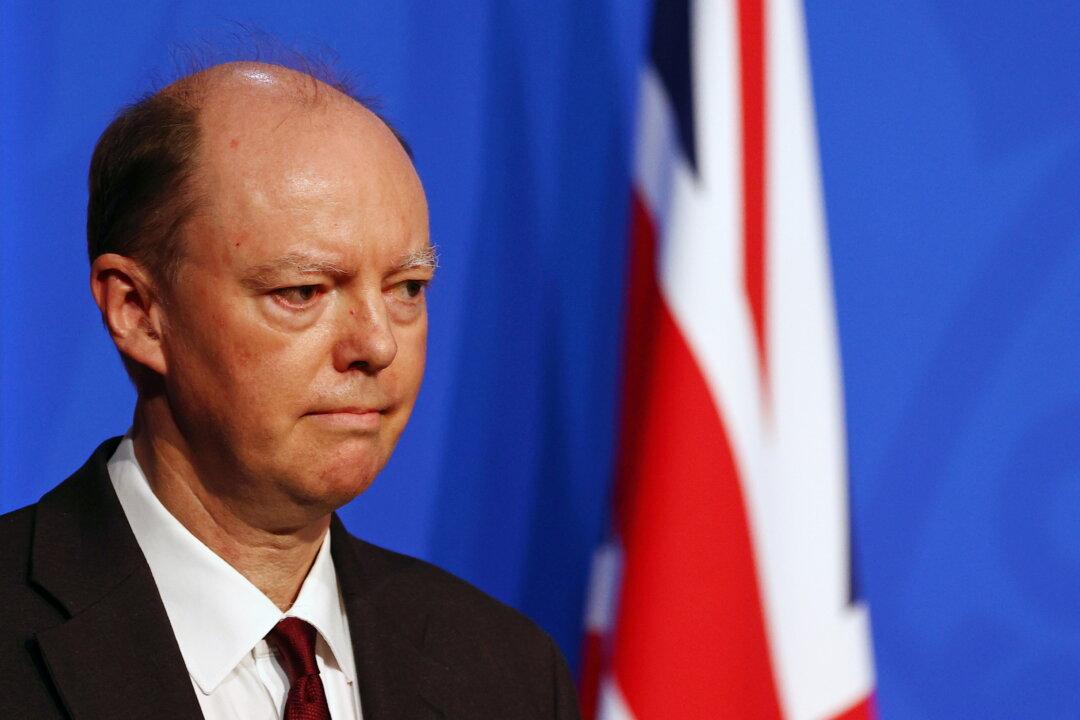A report produced by the most senior medical advisors in the UK says the country will face a “prolonged period” of deaths because of the COVID-19 pandemic, however the deaths will not be caused by the virus itself.
According to the report co-authored by England’s chief medical Officer Sir Chris Whitty as well as Sir Patrick Vallance, the country’s Chief Scientific Adviser, the UK is facing an excess death toll from heart diseases and cancer due to people following government pleas to protect the NHS.




